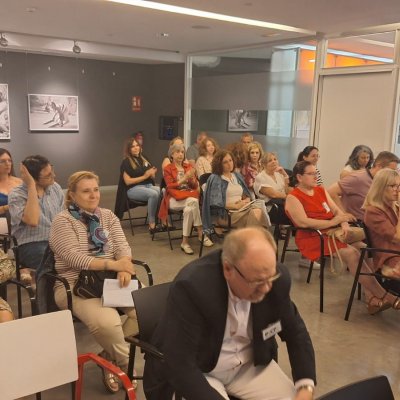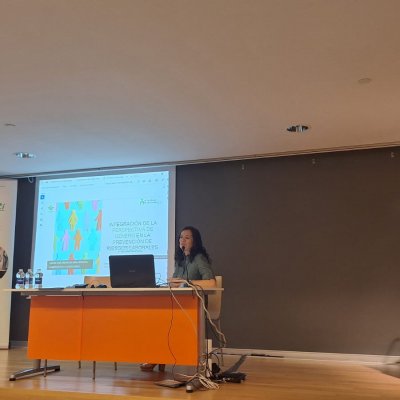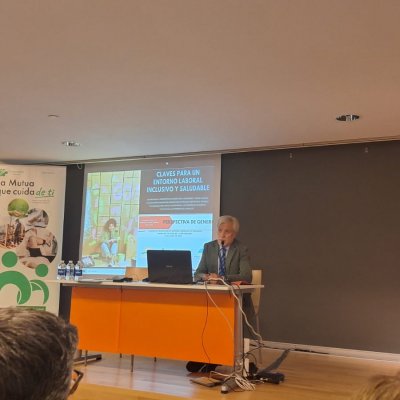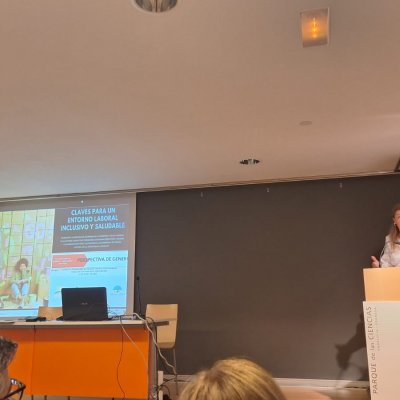
Healthy and inclusive work environments, the focus of a day in Granada
The event took place in the Workshop Classroom of the Prevention Culture Pavilion of the s Sciences Park of Granada. This is a day scheduled for April 29, which had to be postponed due to the blackout that affected the peninsula the day before, framed within the actions of the X Prevention Week of Fraternidad-Muprespa , coinciding with the World Day for Safety and Health at Work. The motto of this edition, “If everything is in its place, accidents have no place.”
Fernando Lazuén , director of the Occupational Risk Prevention Center of Granada, opened the day and thanked attendees and participants for their presence and collaboration at the meeting, which It took place “in a center that has opted for preventive culture in all levels of society,” as he declared.
Teresa Illescas , Provincial coordinator of the Andalusian Institute for Women, thanked the commitment to equality, meaning that gender violence unfortunately has a presence in the work environment, and detailing the resources and tools that the IAM has to fight against it.
The Territorial Delegate of Social Inclusion, Youth, Families and Equality of Granada, Matilde Ortiz, pointed out in her speech the importance of “addressing gender differences with sensitivity to achieve equality.” “The protocols that support and protect women must be strengthened,” he added, “through a model that respects the health and dignity of people.”
José Javier Martín , Territorial delegate of Employment, Business and Self-Employment of Granada, pointed out the coincidence that occurred 30 years ago, when the Prevention Law and the Science Park was inaugurated, through which more than 900,000 visitors have already passed. Martín stated that “the prevention law has been fulfilling its function, however, there are many issues pending review, such as the gender perspective, an objective framed in the Andalusian occupational health and safety strategy.”
Precisely about this, about the gender perspective in prl, was the presentation of Elena Fernández, prevention consultant at Fraternidad-Muprespa, who described the five reasons why that companies must integrate them, as well as guidelines to carry out a diagnostic approach and an action plan to carry them out.
These reasons are: because it is social justice, because it is a legal imperative, because of the biological differences determined by sex, because of the social differences derived from gender and because it represents a benefit for the company as a whole.
Gender violence in the workplace, sexual and gender-based harassment, focused the intervention of Manuel Serrano, head of the Women's Training and Employment Service in Central Services of the IAM in Seville, who showed the 'iceberg of harassment' where the phases of it are shown.
Lourdes Biedma , research technician at the Institute of Advanced Social Studies of the Higher Council of Scientists, and Belén Quirantes , an occupational doctor and health surveillance specialist at the CPRL of Granada, focused on women's health. While Biedma shared the modification of the decalogue of actions prepared in 1999, expressing the difficulty that women have in achieving full health, Quirantes focused on the numerous diseases of women that have been made invisible over time.
Finally an interesting debate was opened among those present and Fernando Lazuén closed the day.








